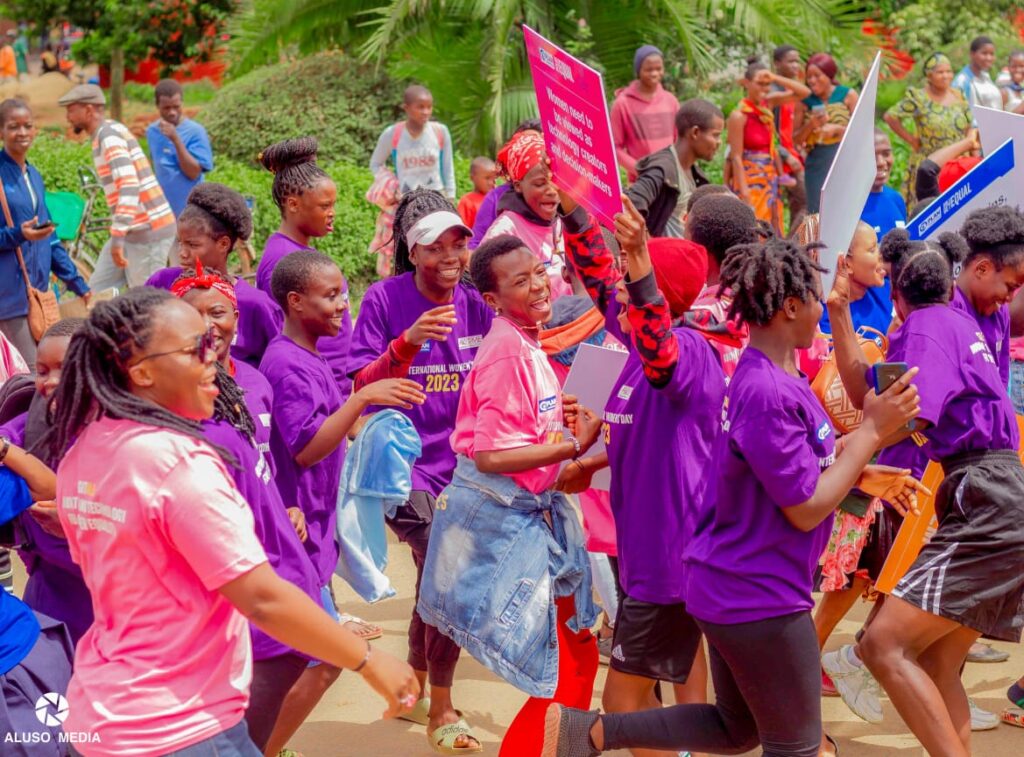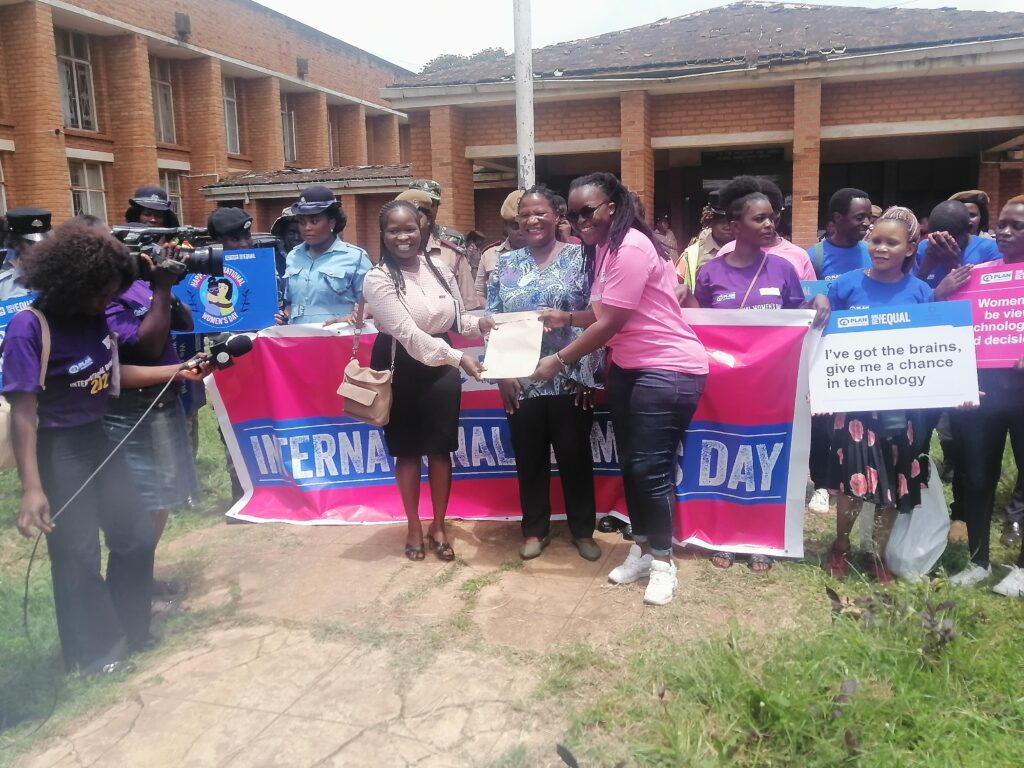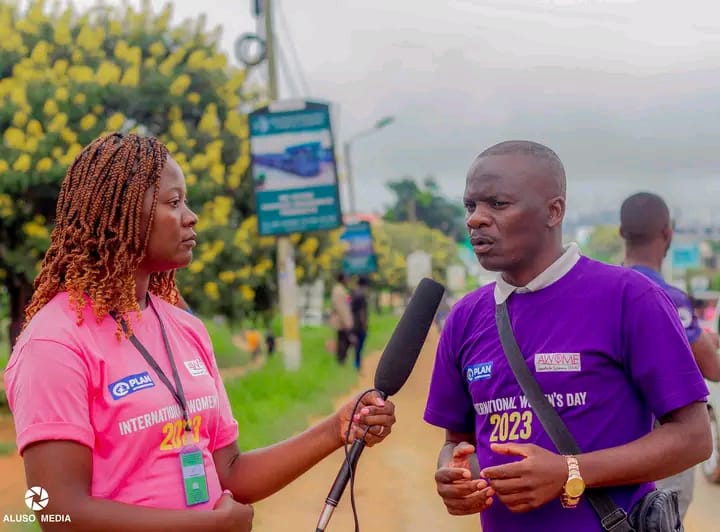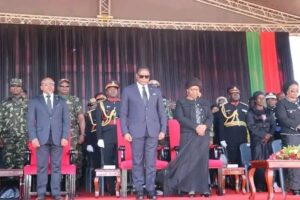Women In Media Lead International Women’s Day Commemorations in Northern Region

BY: DRAXON MALOYA
Women in Malawi have joined the global Village in commemorating this year’s International Women’s Day.
In Mzuzu, female journalists led activities commemorating the day with a march from Katoto Secodary School ground to Mzimba-North District Commissioner’s office where they delivered a petition.
Backed by Plan Malawi, female officers from the Malawi Police and Malawi Prisons Service, the female scribes in their messages highlighted on the need to promote girl-child education evolving around their theme “Digital-All: Innovation And Technology For Gender Equality.”
Speaking to the media after presenting their petition, coordinator of AWOME in the north, Martha Chirambo, said digital technology has become critical to lives and one cannot run away from the fact that we are living in a digital world where a simple internet search gives a child access to all the knowledge of the world as stipulated by the IWD 2023 which explores the impact of the digital gender gap on widening economic and social inequalities.
“The day is highlighting the importance of protecting the rights of women and girls in digital spaces and addressing online and ICT facilitated gender based violence therefore, bringing women and other marginalized groups into technology result into more creative solutions and has greater potential for innovations that meet women’s needs and promote gender equality while their lack of inclusion, comes with huge losses,” said Chirambo.
She also stated that harnessing technology and innovations will further accelerate the achievement of the Sustainable Development Goals(SDGs) and the Malawi Vision 2063.
According to the United Nations Children’s Fund (Unicef), girls are disadvantaged when it comes to digital adoption hence a crucial need for inclusive and transformative technology and digital education for sustainable opportunities to girls, human and financial resource constraints widening the digital technology gap.
Receiving the petition on behalf of the M’mbelwa District Commissioner, the District Health Officer (DHO), Dr Naomi Mulwafu assured the petitioners that their grievances will be delivered to the relevant authorities.

She said underdeveloped and inadequate ICT infrastructure especially in schools in rural and hard to reach areas, is making it hard for girls to develop their digital skills apart from the current high student to teacher ratios and limited capacity of teachers to support learners in ICT.
“Together with various stakeholders in every sector we are working to solve lack of availability of content and access to opportunities for up skilling the level of digital literacy among women and girls for them to have relevant skills needed to participate in a modern and digital economy,” said Dr Murwafu.
In his remarks, Plan Malawi’s Programs Officer, Sailes Banda said his organisation’s collaboration with the Women in Media will help to reduce the violation of women’s rights therefore calling upon government to remove barriers that are currently hindering girls from accessing the digital world.
“A digital literate and empowered girl-child has the potential to transform the economy therefore a crucial need for inclusive and transformative technology and digital technology to improve the level of digital literacy among women and girls for them to have relevant skills needed to participate in a modern and digital economy,” Banda said.
The Malawi’s Digital Economy Strategy running from 2021-2026 acknowledges that Digital technologies hold the promise to exponentially transform all sectors of the economy hence calling for an increase in number of computers and other gadgets in schools to avoid scramble for few resources where only the strong survives. This leaves a girl child as a spectator.

In an effort to gunner for more Innovations and technological advancement, government introduced computer studies as an examinable subject by the Malawi National Examinations Board (Maneb) in 2005 and trained specialized teachers to teach ICT in secondary schools.






